Grapeseed oil is extracted through a process that involves crushing the seeds and then pressing or using solvents to extract the oil. Grapeseed oil has gained popularity in cooking, skincare, and various other applications due to its desirable characteristics. When purchasing grapeseed oil, it's important to choose a high-quality, cold-pressed or expeller-pressed oil that is free from additives or chemicals.
Table of Contents
Nutritional Benefits of Grapeseed Oil:
Grapeseed oil offers several nutritional benefits due to its composition of fatty acids and other components. Here are some of the key nutritional benefits of grapeseed oil:
- Essential Fatty Acids: Grapeseed oil is a good source of essential fatty acids, including omega-6 fatty acids, such as linoleic acid. These fatty acids are necessary for the body and must be obtained through the diet. Omega-6 fatty acids play a role in supporting brain function, maintaining healthy skin and hair, regulating metabolism, and supporting overall cell health.
- Vitamin E: Grapeseed oil contains vitamin E, a fat-soluble vitamin and antioxidant. Vitamin E helps protect cells from damage caused by free radicals, which are unstable molecules that can harm the body's cells. It plays a crucial role in supporting immune function and may have anti-inflammatory properties.
- Antioxidants: Grapeseed oil contains various antioxidants, including proanthocyanidins and flavonoids. These compounds help neutralize free radicals and protect against oxidative stress, which can contribute to chronic diseases and aging. Antioxidants support overall health and may have anti-inflammatory effects.
- Phytosterols: Grapeseed oil contains phytosterols, which are plant compounds that resemble cholesterol structurally. Phytosterols have been shown to help reduce cholesterol levels by competing with dietary cholesterol for absorption in the digestive tract. Consuming foods high in phytosterols, such as grapeseed oil, may help support heart health by managing cholesterol levels.
- Low in Saturated Fat: Grapeseed oil is relatively low in saturated fat compared to some other cooking oils, such as coconut oil or palm oil. A diet high in saturated fat has been associated with an increased risk of heart disease. Choosing oils lower in saturated fat, like grapeseed oil, can be a healthier option when used as part of a balanced diet.
Different Ways to Use Grapeseed Oil
Grapeseed oil is a versatile oil that can be used in various ways in cooking, baking, and skincare. Here are different ways to use grapeseed oil:
- Cooking Oil: Grapeseed oil's high smoke point and mild flavor make it suitable for a wide range of cooking methods. Use it as a cooking oil for sautéing, stir-frying, deep-frying, or pan-frying. Its neutral taste allows the flavors of other ingredients to shine.
- Salad Dressings and Marinades: Grapeseed oil can be used as a base for homemade salad dressings and marinades. Its light flavor won't overpower the other ingredients, and it can help create a smooth and emulsified dressing. Mix it with vinegar or citrus juice, herbs, spices, and other flavorings for a delicious dressing or marinade.
- Baking: Grapeseed oil can be used in baking recipes as a substitute for other oils or fats. It can help create moist baked goods and is especially useful in recipes where a neutral flavor is desired, such as cakes, muffins, and quick breads. Use it in equal amounts as a replacement for other oils or melted butter.
- Homemade Mayonnaise: Grapeseed oil can be used to make homemade mayonnaise. Its neutral flavor allows the other ingredients, such as egg yolks, mustard, and lemon juice, to shine. Blend the ingredients together, gradually adding grapeseed oil until the desired consistency is achieved.
- Stirring into Soups or Sauces: Add a drizzle of grapeseed oil to finished soups or sauces for added richness and flavor. It can help enhance the texture and mouthfeel of the dish.
- Skincare: Grapeseed oil is commonly used in skincare products and can be applied directly to the skin. It is often used as a facial oil, body oil, or massage oil. It can also be used as a carrier oil for essential oils or added to homemade skincare recipes like lotions, creams, or balms.
- Hair Care: Grapeseed oil can be used as a hair treatment to moisturize and condition the hair. Apply a small amount of oil to the ends of the hair to help reduce frizz, add shine, and improve manageability.
It's important to choose high-quality, cold-pressed or expeller-pressed grapeseed oil for the best flavor and nutritional benefits. Store it in a cool, dark place away from direct sunlight to maintain its quality and freshness.
Tips for Selecting and Storing Grapeseed Oil
When selecting and storing grapeseed oil, consider the following tips to ensure its quality and freshness:
- Choose High-Quality Oil: Look for cold-pressed or expeller-pressed grapeseed oil from reputable brands. These methods of extraction help retain the natural flavors and nutrients of the oil. Check the label to ensure that the oil is free from additives, preservatives, or chemicals.
- Check the Expiry Date: Always check the expiry date before purchasing grapeseed oil. This will give you an idea of its freshness and shelf life. Opt for oils with a longer shelf life to ensure you have sufficient time to use them.
- Consider Packaging: Grapeseed oil is typically available in glass bottles or dark-colored plastic bottles. Dark-colored bottles protect the oil from light exposure, which can cause oxidation and spoilage. Choose oils packaged in dark bottles to maintain the oil's quality for longer.
- Store Properly: To maintain the freshness of grapeseed oil, store it in a cool, dark place away from direct sunlight, heat, and moisture. A pantry or cupboard is a suitable location. Exposure to light, heat, and air can degrade the quality of the oil and reduce its shelf life.
- Avoid Contamination: Ensure that the bottle is tightly sealed when not in use to prevent air from entering. This will help minimize oxidation and maintain the oil's freshness. Avoid using wet spoons or utensils in the oil to prevent moisture from entering the bottle, as this can promote rancidity.
- Use within Recommended Time: Grapeseed oil, like other oils, has a limited shelf life. While it can vary depending on factors such as processing methods and storage conditions, it is generally recommended to use grapeseed oil within 6 to 12 months of opening the bottle. Discard the oil if it develops an off smell, flavor, or appearance.
By following these tips, you can select high-quality grapeseed oil and store it properly to maintain its flavor and nutritional benefits over time.
Potential Side Effects of Grapeseed Oil
Grapeseed oil is generally considered safe for consumption and topical use for most people. However, there are a few potential side effects and considerations to keep in mind:
- Allergies: Some individuals may be allergic to grapeseed oil or grapes. If you have a known allergy to grapes, it's best to avoid grapeseed oil. Allergic reactions may include skin rashes, itching, swelling, or difficulty breathing. If you experience any adverse reactions after consuming or using grapeseed oil, discontinue use and seek medical attention if necessary.
- Omega-6 Fatty Acid Imbalance: Grapeseed oil is relatively high in omega-6 fatty acids, particularly linoleic acid. While omega-6 fatty acids are essential for the body, excessive consumption of omega-6 fatty acids relative to omega-3 fatty acids may disrupt the balance between the two. It's important to maintain a healthy balance of omega-6 and omega-3 fatty acids in your diet by incorporating sources of omega-3s, such as fatty fish, flaxseeds, or chia seeds.
- Potential Interactions with Medications: Grapeseed oil may interact with certain medications, particularly blood thinners or antiplatelet drugs, due to its potential anticoagulant properties. If you are taking any medications, especially those related to blood clotting or have a bleeding disorder, it's advisable to consult with a healthcare professional before incorporating grapeseed oil into your diet or using it topically.
- Purity and Quality: It's important to choose high-quality, cold-pressed or expeller-pressed grapeseed oil from reputable sources. Some commercially available oils may be processed using chemicals or have additives that can affect their quality. Always read labels and opt for oils that are free from additives or chemicals.
- Caloric Density: Like all oils, grapeseed oil is calorie-dense. It contains approximately 120 calories per tablespoon, so it's important to use it in moderation and consider its calorie content when incorporating it into your overall diet plan.
It's worth noting that individual reactions and sensitivities can vary. If you have any specific concerns or underlying health conditions, it's recommended to consult with a healthcare professional or registered dietitian before making any significant changes to your diet or skincare routine involving grapeseed oil.

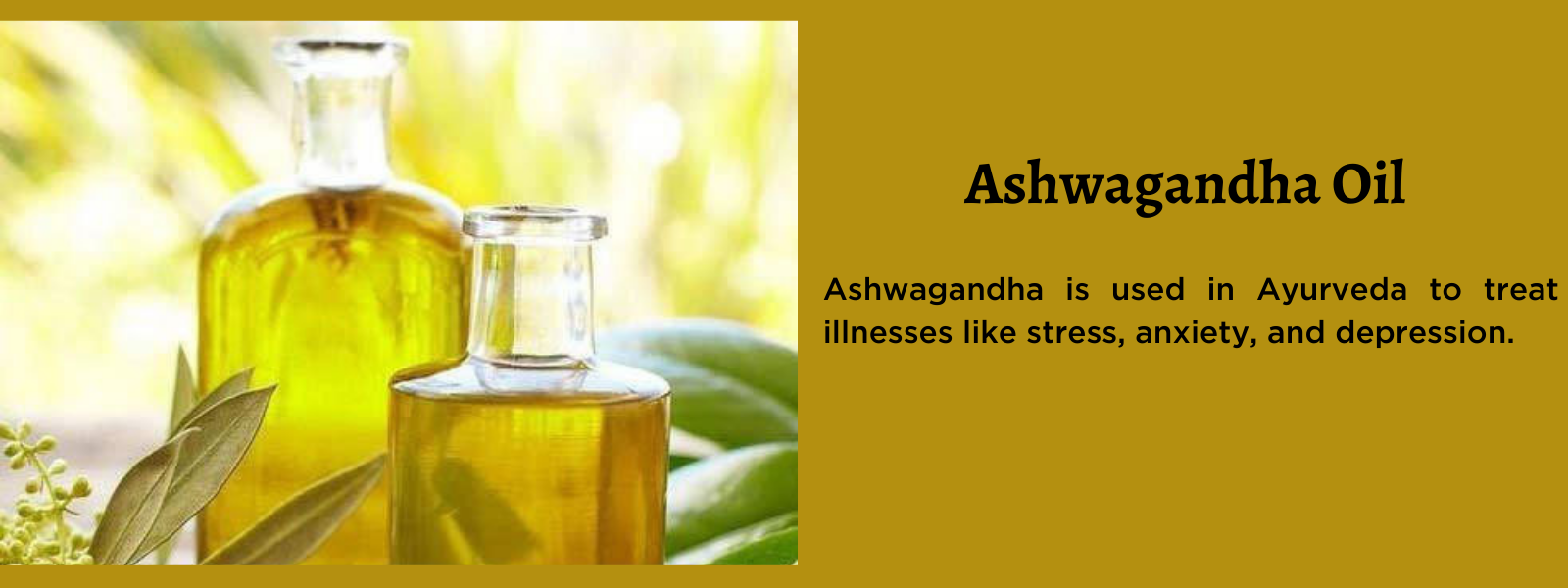
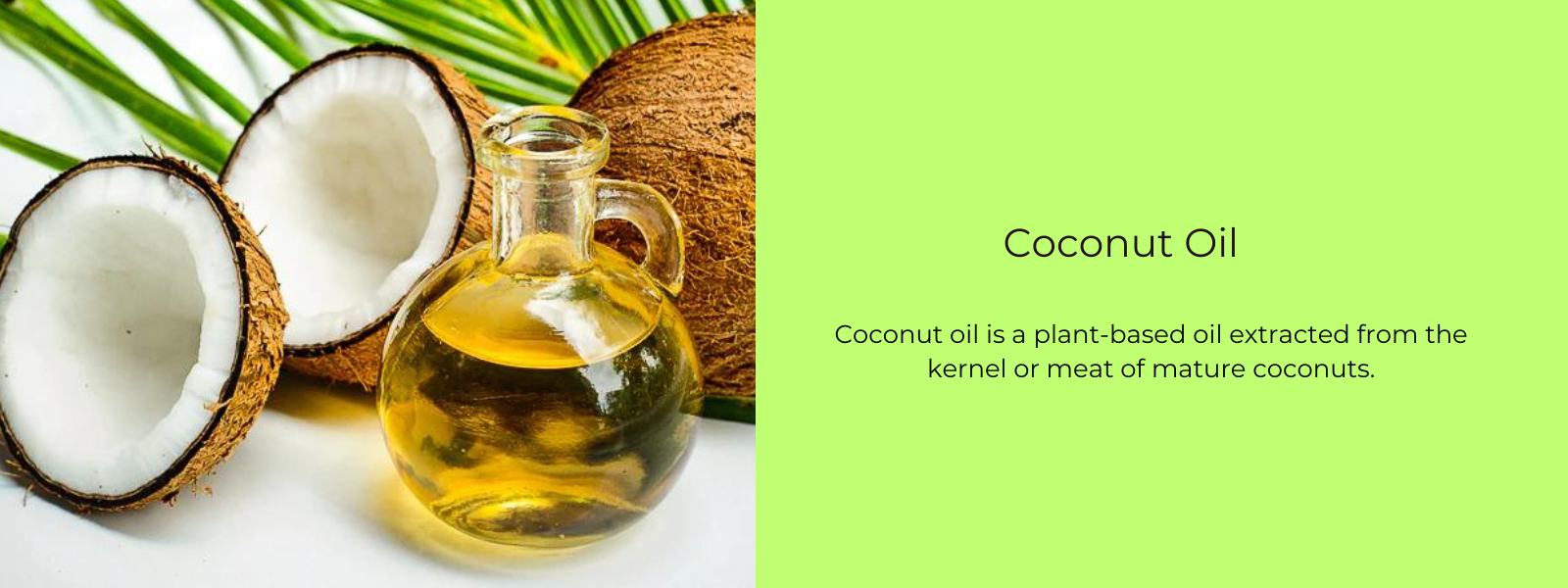
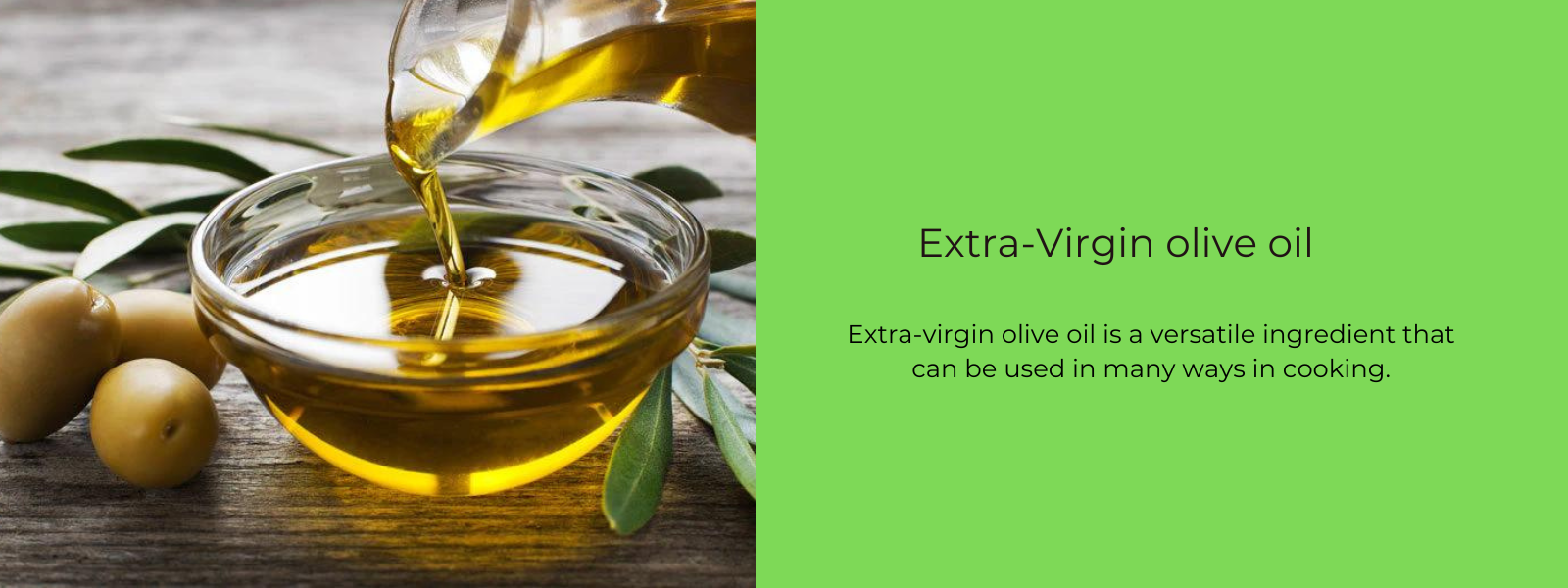
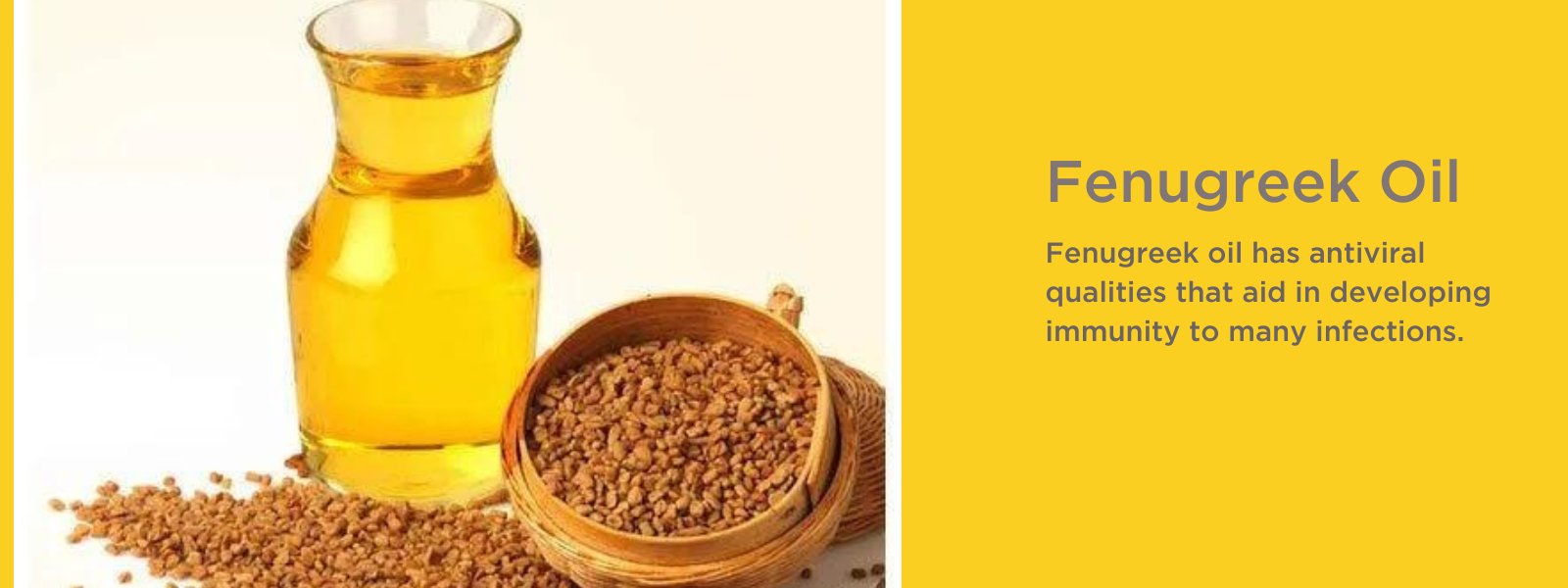
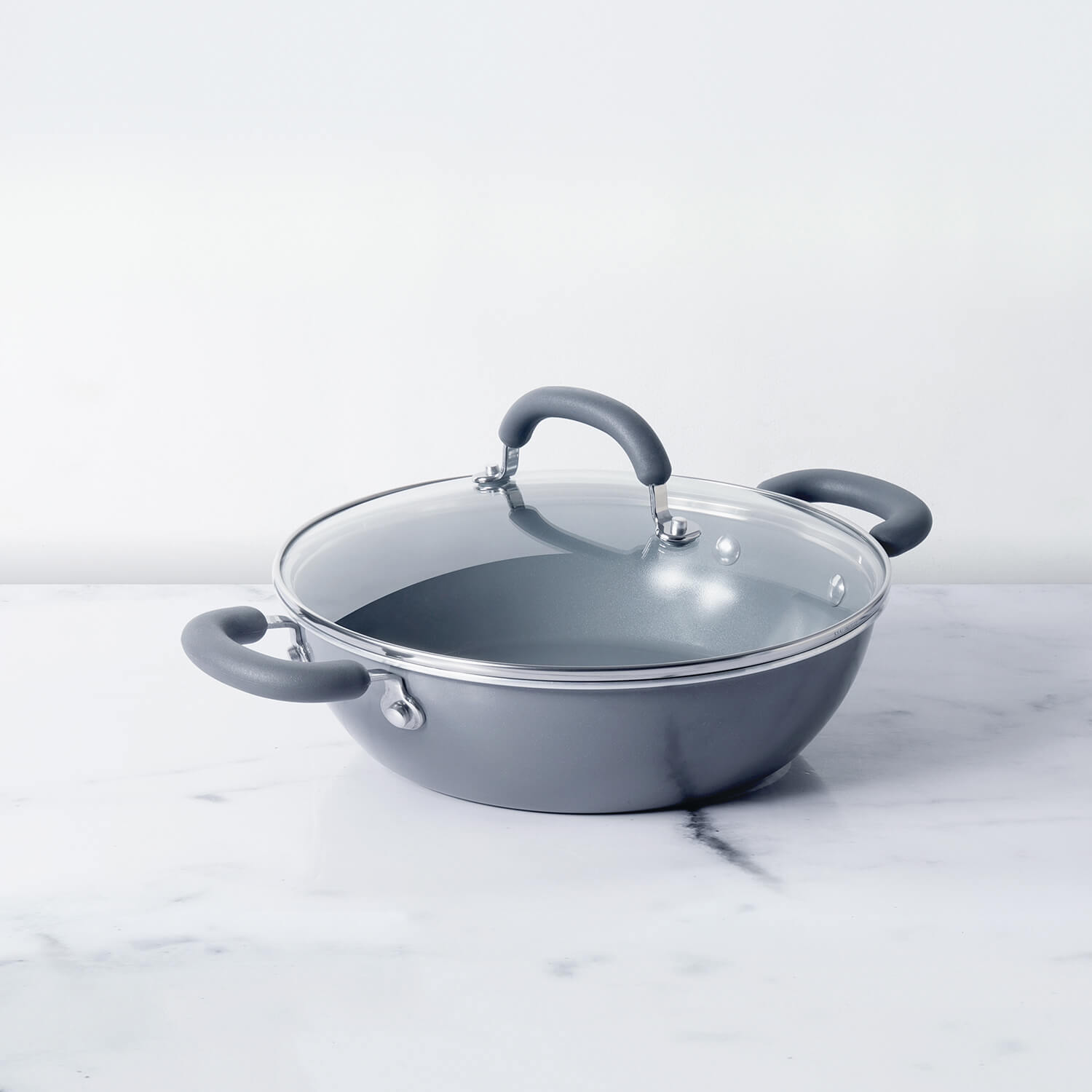
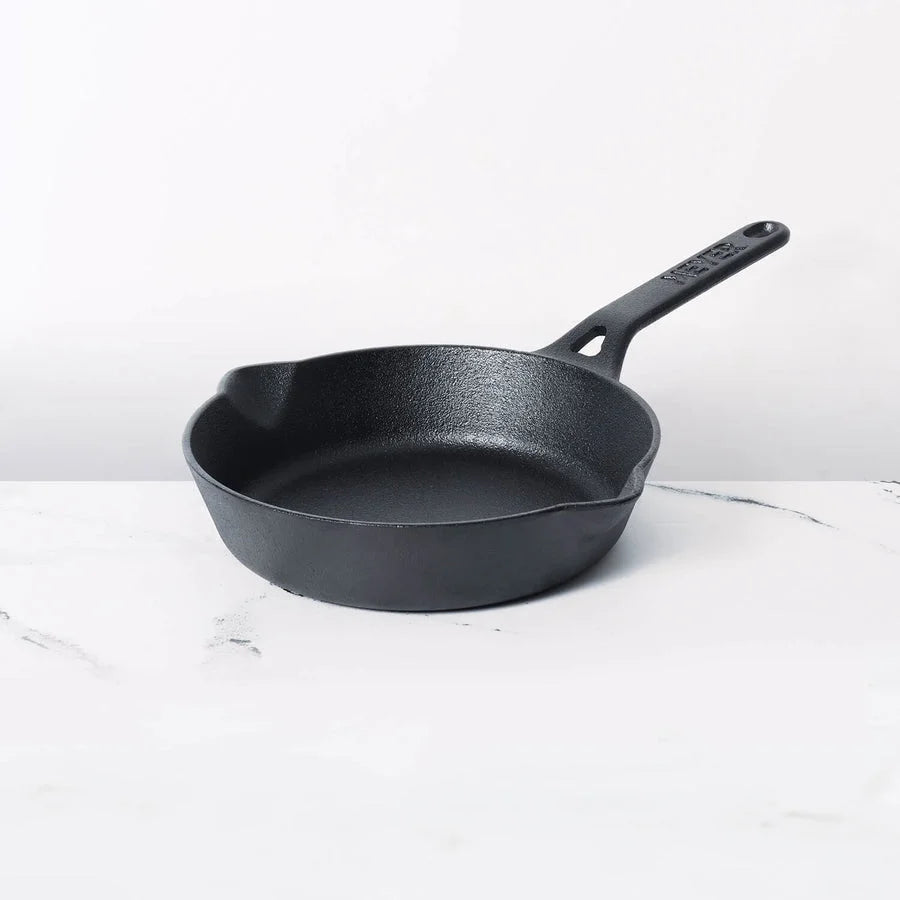




Leave a comment